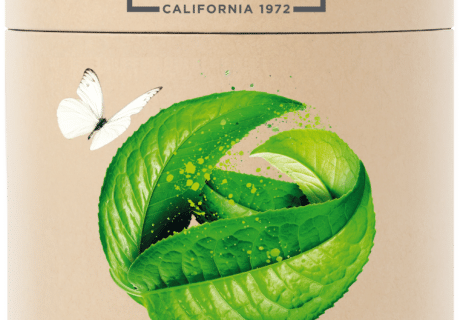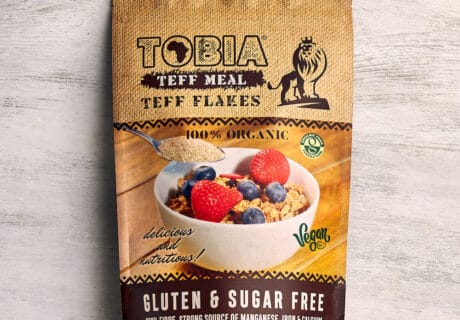Is it possible to build a greener and more sustainable future? Yes, says Carole Bamford, founder of Daylesford Organic, but it all starts with our soil.
As I write this, the world is slowly beginning to emerge from its pause. The cogs of the wheels are turning again as we start to establish what our landscapes and lives will resemble in the wake of the biggest crisis of our lifetime.
One of the things I have been most struck by throughout this period is the warmth and generosity of the human spirit in the face of adversity. Out of the suffering and tragedy has emerged an inspiring and heartening sense of community as we have united to fight a common affliction. We joined together each week to clap and show our support for the people who have allowed our world to keep turning – from the NHS workers to the delivery drivers, pharmacists and refuse collectors – and the feeling of gratitude and debt we owe these key workers for their courage and dedication has been palpable.
On a personal level, I have also been deeply moved and inspired by the fighting spirit of my own team; I will be eternally grateful to them for the bravery and resilience they have each shown. And as the owner of a farm, a food producer and retailer, I have been particularly struck by the collective response to the food supply chain. With shop shelves emptied, our relationship with food and the value we place on it shifted. Food waste has fallen by around a third during lockdown, according to WRAP, and the idea that food is something we can take for granted was upended. Our ability to access fresh fruit and vegetables has never felt more of a privilege, as the notion of what we can do to remain healthy has come to the fore and we seek to sustain our health and increase our nutrient intake through our food. May this understanding that we need to buy what we need and waste less prevail.
Though there are many who make up the food supply chain – and we are indebted to each of them – at its root are the UK’s farmers and growers. I have been encouraged to witness the mounting swell of appreciation for our farming community, and alongside it a connection to nature as we have rediscovered green spaces and all that they do to sustain and nourish us – not just physically but also mentally. One of my greatest hopes is that this momentum continues long after this storm has passed, and above all that our renewed respect for how our food arrives on our plates prompts us to ask wider questions about the role food production can play in sustaining our environment. Might this outbreak inspire long-term behavioural change, and force us to consider a more regenerative path in order to save our planet?
With the Soil Association’s Organic September campaign in our sights, we have an opportunity to build on this drive; to discuss the importance of supporting local food production and to spread awareness of the benefits that organic and regenerative farming practices bring not only to nature, biodiversity, wildlife and in preserving the beauty of the British countryside, but in helping to reverse some of the damages we’ve caused our planet in the past.
One of my greatest hopes is that this momentum continues long after this storm has passed, and above all that our renewed respect for how our food arrives on our plates prompts us to ask wider questions about the role food production can play in sustaining our environment
That begins with the role organic farming has in nurturing our soil health. Many of us have heard the alarming statistics from the UN’s Food and Agriculture Organization about how many growing cycles we have left in our soil – believed to be only around 60 years. Intensive farming practices are mining our soil of its nutrients and we urgently need to make a switch to a form of agriculture that regenerates and nourishes this precious resource, restores its fertility and ensures that we can feed the generations of the future.
Organic farmers play a vital role as environmental stewards and guardians of our soil, but many need support. Organic food production is not easy and takes enormous commitment. Organic food is more expensive because it has to be. That cost is a reflection of the increased time, manpower and expertise that goes into producing food in a way that supports nature, but of course it remains a challenge to communicate that to consumers and for many people to have the luxury of affording that option. But my biggest hope is that we will see things change to the point where it becomes possible for everybody to work their land in this way. Through my own work with The Daylesford Foundation we have set up Agricology, a website and communications platform for farmers and growers to share practical information on more sustainable practice in the fields. It encourages innovation and cooperation between farmers so that they can all take steps towards navigating a more sustainable path. But, of course, there are wider changes needed too, and in the wake of this crisis farmers and food businesses are arguably facing greater challenges than ever before.
Organic September is a wonderful opportunity to highlight the benefits of organic farming but also the importance and wide-reaching value in supporting local, seasonal food production by buying from British farmers. With fewer miles travelled, a lower carbon footprint and a means of supporting the local economy through the thousands of jobs the food and farming industries can offer, there has never been a more important time to support local British farming and to support the farmers who nourish and give back to the land they farm.





